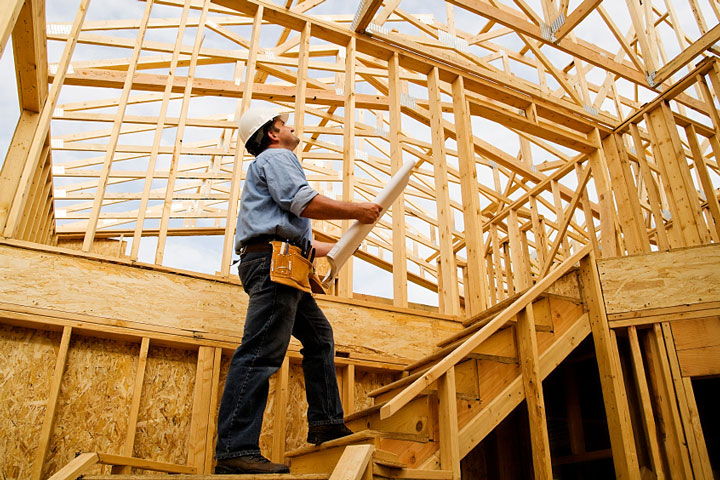Constructing a fresh home is an exciting journey that offers the chance to create a place tailored to your personal style and needs. However, it can also be a daunting process filled with determinations and hurdles. Whether you are a first-time builder or have prior experience, understanding the fundamental steps and considerations is vital to ensuring a favorable outcome.
From picking the right floor plan to navigating the financing options, there are many elements to consider along the way. This guide aims to provide you with ten critical tips that will help you maneuver through the home building process with confidence. With meticulous planning and knowledgeable decision-making, you can convert your idea of a new home into a tangible existence, making it a satisfying and delightful experience.
Preparing Your Residential Construction
Planning your home build is a crucial first step that establishes the foundation for a successful construction project. Start by establishing your goals and objectives. Consider factors such as your family’s needs, daily habits, and long-term plans. Do you envision a roomy open-concept layout for hosting guests or a more conventional layout with defined spaces? Having a solid vision will help direct your decisions throughout the homebuilding journey.
Next, it is important to establish a realistic budget. Determine how much you can spend and consider financing options for your new home construction. Be mindful of both expected expenses and likely hidden costs that may arise during the homebuilding process. Creating a detailed budget will allow you to assign funds appropriately for critical areas, materials, and any extra features you wish to include in your home.

Finally, putting together a reliable team is key. Research and interview several home builders to find one whose style and expertise coincide with your vision. Additionally, consider enlisting professionals such as architects and interior designers early in the planning phase. Their insights can enhance your design and help avoid costly mistakes later. Building clear communication and trust with your team will streamline the entire process and contribute to a flourishing home build.
Supplies and Establishment Selections
Choosing the appropriate resources for your new home is essential as it affects both the resilience and visual appeal of your property. Widely used choices include traditional resources like brick and wood, as well as current choices such as plaster. Each material has its own set of advantages and drawbacks; for instance, masonry is known for its durability and excellent insulation properties, while wood provides warmth and versatility in style. It's necessary to take into account the weather, regional supply, and personal style when choosing resources.
In addition to the outer part, indoor materials play a major role in the overall attractiveness and practicality of your home. Flooring options range from hardwood and ceramic to laminate and rug, each providing special characteristics. When choosing flooring, reflect on aspects like durability, care, and how each material fits into your way of life. Eco-friendly materials, such as nature-friendly wood and recycled tiles, are also gaining popularity, making them valuable options for sustainability-focused builders.
In conclusion, grasping the building choices available will assist streamline the construction process. Choices such as classic frame construction, modular building, and prefabricated elements can affect the timeline and financial plan of your home build. Working together with your contractor and architect to grasp the consequences of each technique ensures that you are taking informed decisions that align with your vision for the dwelling.
Financing The New Home
When it comes to financing the new home, understanding the different loan options available is crucial. Traditional mortgages, construction loans, and government-backed loans like FHA or VA can offer varied benefits based on your specific situation. Construction loans are often temporary and designed to cover the cost of building, converting to a permanent mortgage once construction is complete. Builder in the Southern Highlands to compare interest rates and terms to find the most suitable option for your financial situation.
Budgeting for the new home build involves not just the purchase price. You should factor in additional costs such as site preparation, permits, and unexpected expenses that may arise. A well-structured budget allows you to allocate the funds effectively, identifying areas where you might save and where it's worth splurging. Keep in mind that hidden costs like utility connections and landscaping can accumulate, so thorough planning is key to staying within the budget.
Qualifying for a construction loan demands careful preparation. Lenders will assess your credit score, income, and the builder's credentials. Providing a detailed construction plan and a realistic timeline can significantly enhance the chances of approval. It's also wise to consult with a financial advisor to navigate the qualification process and ensure that you are making informed choices. By understanding how to finance the new home build, you set the stage for a smoother construction journey and a successful outcome.
